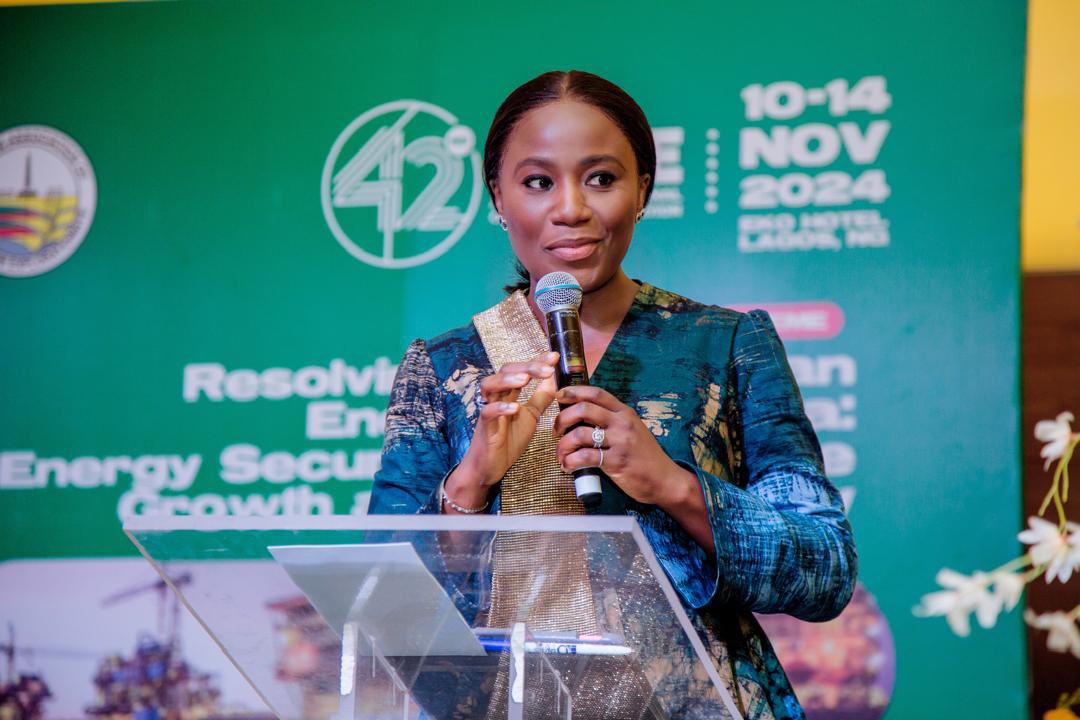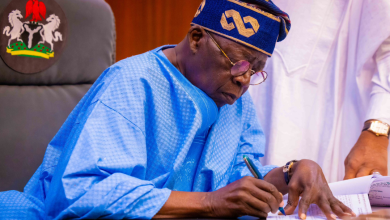News
FG Clarifies Electricity Tariff Increase, Outlines Power Sector Reforms

The Federal Government has clarified its ongoing power sector reforms, emphasizing its commitment to metering, debt reduction, and the protection of vulnerable Nigerians. This clarification comes amidst reports of a potential 65% electricity tariff increase, which the government has stated is a misrepresentation
Special Adviser to the President on Energy, Olu Arowolo Verheijen, explained that while current tariffs cover approximately 65% of the actual cost of electricity supply following the 2024 Band A tariff adjustments, the government’s immediate focus is on improving electricity delivery, reducing outages, and safeguarding the poorest citizens. Verheijen stressed that the government is committed to fairer pricing in the long term.
The government outlined its key priorities for the power sector, which include:
Targeted Electricity Subsidies:
The current subsidy system, costing over ₦200 billion monthly, disproportionately benefits wealthier Nigerians. The government is transitioning to a targeted approach to ensure that low-income households receive the most support, making electricity more affordable for millions.
Presidential Metering Initiative (PMI)
The rollout of 7 million prepaid meters under the PMI will begin this year, aiming to eliminate estimated billing and provide consumers with transparent and accurate billing. This initiative is also expected to improve revenue collection and attract investment in power infrastructure.
Settlement of Legacy Power Debt
The government is addressing the substantial debts owed to power generation companies, which have hindered investment and improved service delivery. Clearing these debts will enable power companies to reinvest in infrastructure and provide a more stable electricity supply.
Reducing Costs for Alternative Power Generation
Fiscal incentives, including VAT and Customs Duty waivers, are being implemented to lower the cost of alternative power sources like Compressed Natural Gas and Liquified Petroleum Gas.
The government reiterated its understanding of the economic challenges faced by Nigerians and its dedication to ensuring that power sector reforms translate into tangible improvements in daily life. Verheijen emphasized that all policies are designed with the Nigerian people in mind, focusing on eliminating unfair billing practices, ensuring subsidies reach the intended recipients, and creating conditions for stable and affordable electricity. These reforms, the government stated, are laying the groundwork for better service, expanded access to electricity for homes and businesses, and overall economic prosperity.




